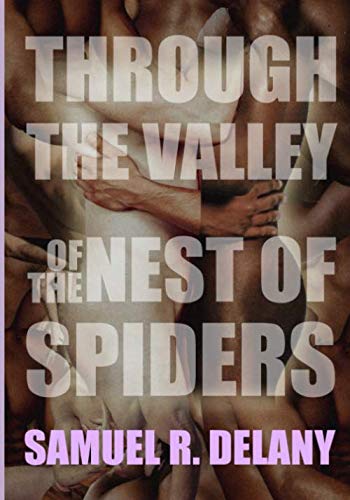What do you think?
Rate this book


762 pages, Paperback
First published February 1, 2011
That reminds me -- speaking of characters, it's difficult to empathize with a father and son named Dynamite and Shit who frequent bathhouses together and are lovers. Along with their abusive friend Black Bull and his sex partner whom he keeps in a collar and beats.